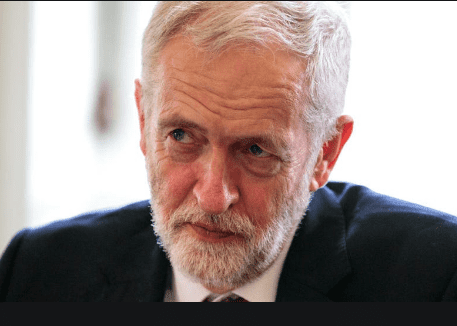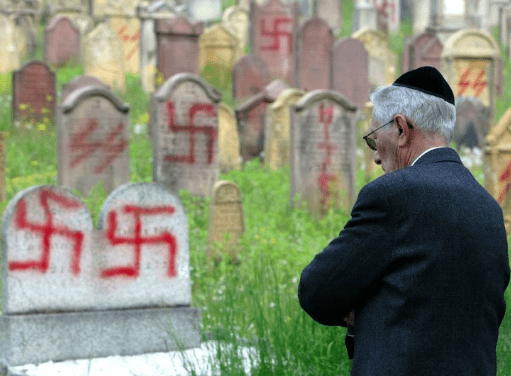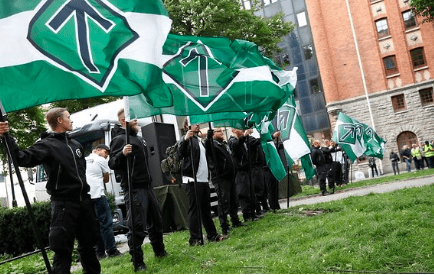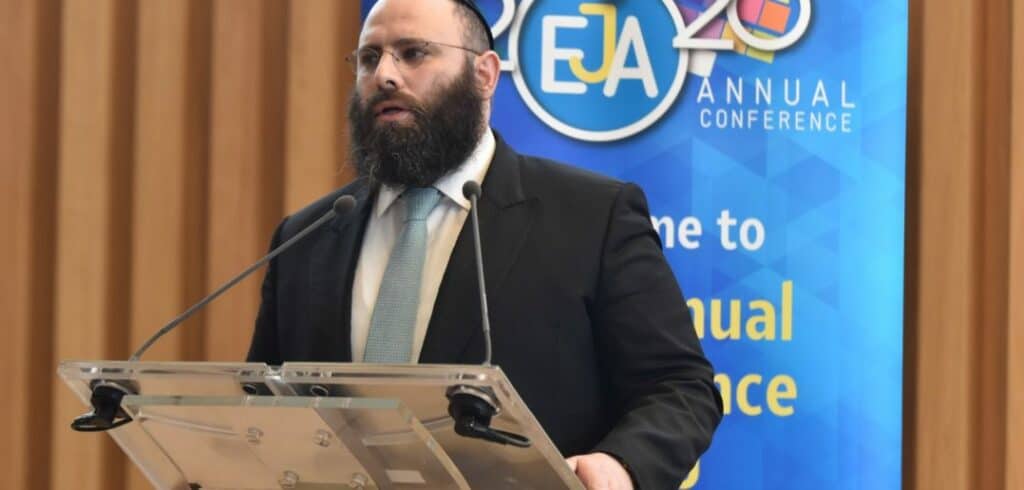Chief of European Jewish Association celebrates Corbyn’s election defeat. ‘This election wasn’t about right vs left, it was right vs wrong.’
With the results of the UK’s general election Thursday pointing to a decisive victory for the Conservative Party and Prime Minister Boris Johnson, the Chairman of the Brussels-based European Jewish Association said that Jews across the continent would be breathing a collective sigh of relief at the defeat of Jeremy Corbyn’s Labour Party.
Rabbi Menachem Margolin, chief of the European Jewish Association, which represents hundreds of Jewish communities across the continent, said Jewish opposition to Corbyn was not partisan.
“I want to be clear that we are a non-partisan organisation. We have no political affiliation. Nor do we endorse or advocate for the UK Conservative Party,” said Rabbi Margolin.
“The potential election of Jeremy Corbyn as Prime Minister for us and the vast majority of Jews was not a story of left or right, but about what is right and what is wrong.”
“The election to the highest elected office in the United Kingdom of an avowed Israel hater whose approach to eradicating antisemitism was anodyne and recalcitrant at best, would have been a devastating signal not only to British Jewry, but to Jews everywhere.”
“We fully agree with the Chief Rabbi’s assessment that he is wholly unfit for office. It appears that a majority of the British electorate are of a similar opinion.”
“This morning – as Jews across Europe wake up to the news coming out of the United Kingdom – we will be collectively breathing a sigh of relief.”
With 648 out of 650 races called for Britain’s Parliament, the Conservatives have won 363 seats, compared to just 203 for Labour, giving the Conservatives a wide majority.
Labour chairman Jeremy Corbyn announced that following his party’s defeat, he would be stepping down as party leader before the next general election.
The article was published on Arutz 7














